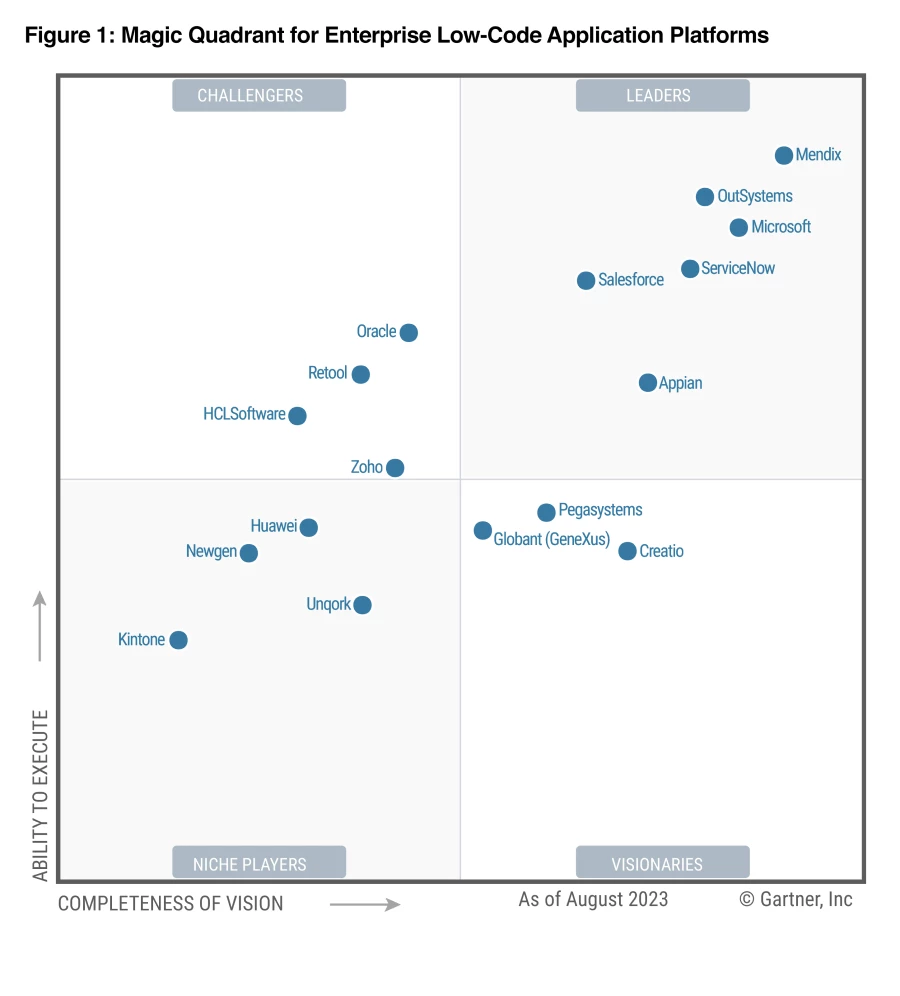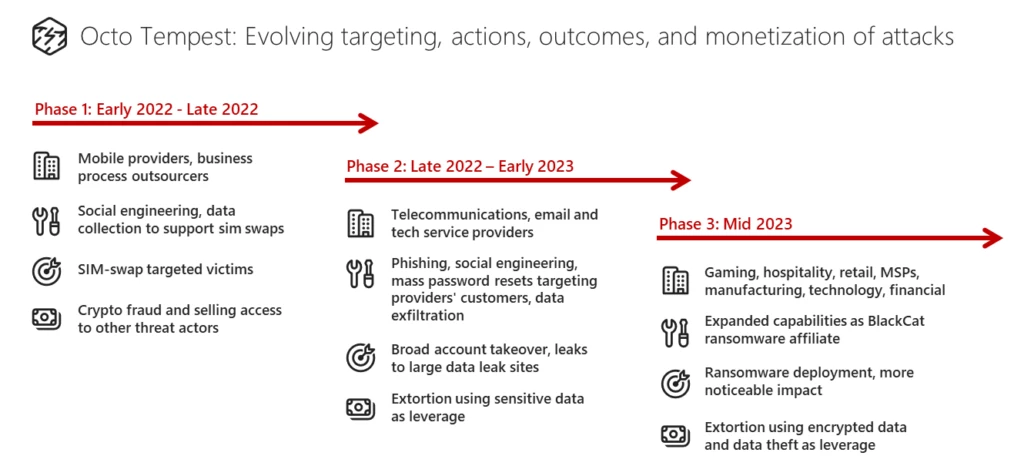Notizie per Categorie
Articoli Recenti
- [Launched] Generally Available: Azure Site Recovery Pricing Calculator for Azure to Azure Managed Disks 21 Febbraio 2025
- [Launched] Generally Available: Azure Site Recovery Pricing Calculator for Azure to Azure Managed Disks 21 Febbraio 2025
- [Launched] Generally Available: Azure Site Recovery Pricing Calculator for Azure to Azure Managed Disks 21 Febbraio 2025
- [Launched] Generally Available: Azure Site Recovery Pricing Calculator for Azure to Azure Managed Disks 21 Febbraio 2025
- [Launched] Generally Available: Azure Functions Support for Java 21 LTS 21 Febbraio 2025
- [Launched] Generally Available: Azure Functions Support for Java 21 LTS 21 Febbraio 2025
- [Launched] Generally Available: Azure Functions Support for Java 21 LTS 21 Febbraio 2025
- [Launched] Generally Available: Azure Functions Support for Java 21 LTS 21 Febbraio 2025
- [Launched] Generally Available: Azure Ultra Disk Storage is Now Available in New Zealand North 21 Febbraio 2025
- [Launched] Generally Available: Azure Ultra Disk Storage is Now Available in New Zealand North 21 Febbraio 2025

Extending our commitment to help customers be secure by default, today we’re announcing the auto-rollout of Microsoft Entra Conditional Access policies that will automatically protect tenants based on risk signals, licensing, and usage. We’ve designed these policies based on our deep knowledge of the current cyberthreat landscape to[…]
Read MoreToday Microsoft’s Vice Chair and President Brad Smith shared insight on the global cybersecurity landscape and introduced our Secure Future Initiative. These engineering advances anticipate future cyberthreats, such as increasing digital attacks on identity systems. They also address how we will continue to build secure foundations necessary for[…]
Read More
There’s no doubt we are living through a time of rapid technological change. Advances in ubiquitous computing and ambient intelligence transform nearly every aspect of work and life. As the world moves forward with new advancements and distributed technologies, so too does the need to understand the potential[…]
Read More
In a world where the digital frontier is expanding and cyberattacks are becoming more sophisticated with speed and scale, the guardians of our virtual realms have never been in greater demand.1 It’s important to leverage this year’s Cybersecurity Awareness Month to celebrate the people who keep us safe[…]
Read More
Source: Gartner (August 2023)* We are thrilled to announce that for the fifth time in a row, Microsoft has been named a Leader in the 2023 Gartner® Magic Quadrant™ for Enterprise Low-Code Application Platforms**. Microsoft Power Apps is enabling developers of all kinds to innovate and create solutions[…]
Read More
Today Microsoft Incident Response is excited to announce a new collaboration with PwC to expand our joint incident response and recovery capability. In this global alliance, Microsoft begins the initial containment and investigation, bringing a deep understanding of a company’s infrastructure to help evict the bad actors faster and[…]
Read More
Microsoft has been tracking activity related to the financially motivated threat actor Octo Tempest, whose evolving campaigns represent a growing concern for organizations across multiple industries. Octo Tempest leverages broad social engineering campaigns to compromise organizations across the globe with the goal of financial extortion. With their extensive[…]
Read More
A whopping 74 percent of organizations recently surveyed experienced at least one data security incident with their business data exposed in the previous year. That’s just one of our interesting insights from Microsoft’s new Data Security Index: Trends, insights, and strategies to secure data report, released today. […]
Read More
Today, at the Microsoft Business Applications Launch Event, we kicked off the 2023 release wave 2 for Microsoft Dynamics 365 and Microsoft Power Platform, a six-month rollout of new and enhanced capabilities scheduled for release between October 2023 and March 2024. This release wave introduces hundreds of new[…]
Read More
We are excited to share that Microsoft has been named a Leader in The Forrester Wave™: Endpoint Security, Q4 2023. Microsoft received the highest possible scores in the strategy category for the vision and roadmap criteria. Forrester notes, “Microsoft’s outstanding roadmap for endpoint security includes expanding [Microsoft Defender[…]
Read More